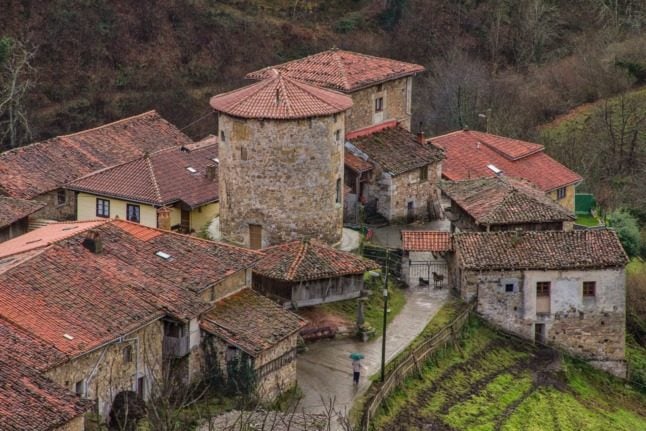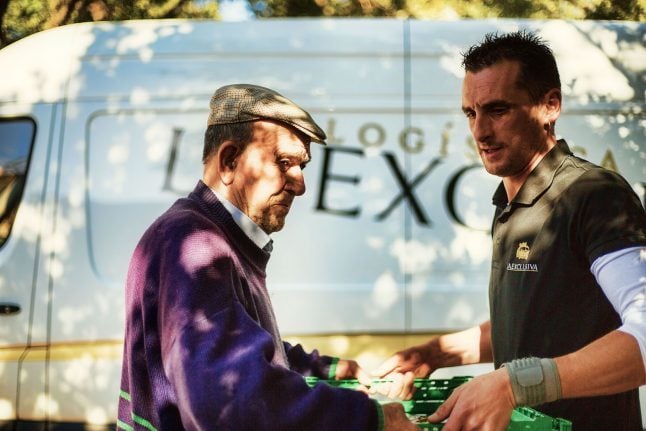The district court in Uppsala in central Sweden has now ordered the man, who had previously been convicted of committing similar crimes using a telephone in the early 1990s, to undergo a thorough psychiatric evaluation.
“The court found, contrary to his denials, that there was convincing evidence of what he is charged for and that means he’s going to be convicted for this,” prosecutor Thomas Bälter Nordenman told the TT news agency.
The charges against the man include aggravated child exploitation through sexual posing, raping a child, sexual coercion and child pornography in a case involving more than 60 girls, some as young as 11-years-old.
Police cracked the case last autumn when the 32-year-old was reported for having sex with a 14-year-old girl.
Around the same time, another girl reported that she had been forced under threat to engage in sexual acts in front of a webcam.
The investigation showed that the man attempted to contact a large number of girls over the internet.
During the trial, which ended on Tuesday, many of the girls gave testimony about what had happened to them.
“All of them describe a more or less identical course of events. In addition, there is plenty of evidence in his computer, such as films where you can see what the girls were forced to do and where you can hear his voice and how he threatens and instructs them,” said Bälter Nordenman.
A preliminary psychiatric evaluation found that the man suffers from a serious mental illness. The results of the more comprehensive tests ordered by the court will be used to determine whether the 32-year-old is sent to prison or ordered to a psychiatric care facility.
Prosecutors are arguing for the maximum penalty of eight years in prison.
The sentencing phase of the trial is expected to start in about a month following the completion of the psychiatric evaluation, with the final verdict expected to come in August or September.



 Please whitelist us to continue reading.
Please whitelist us to continue reading.
Member comments